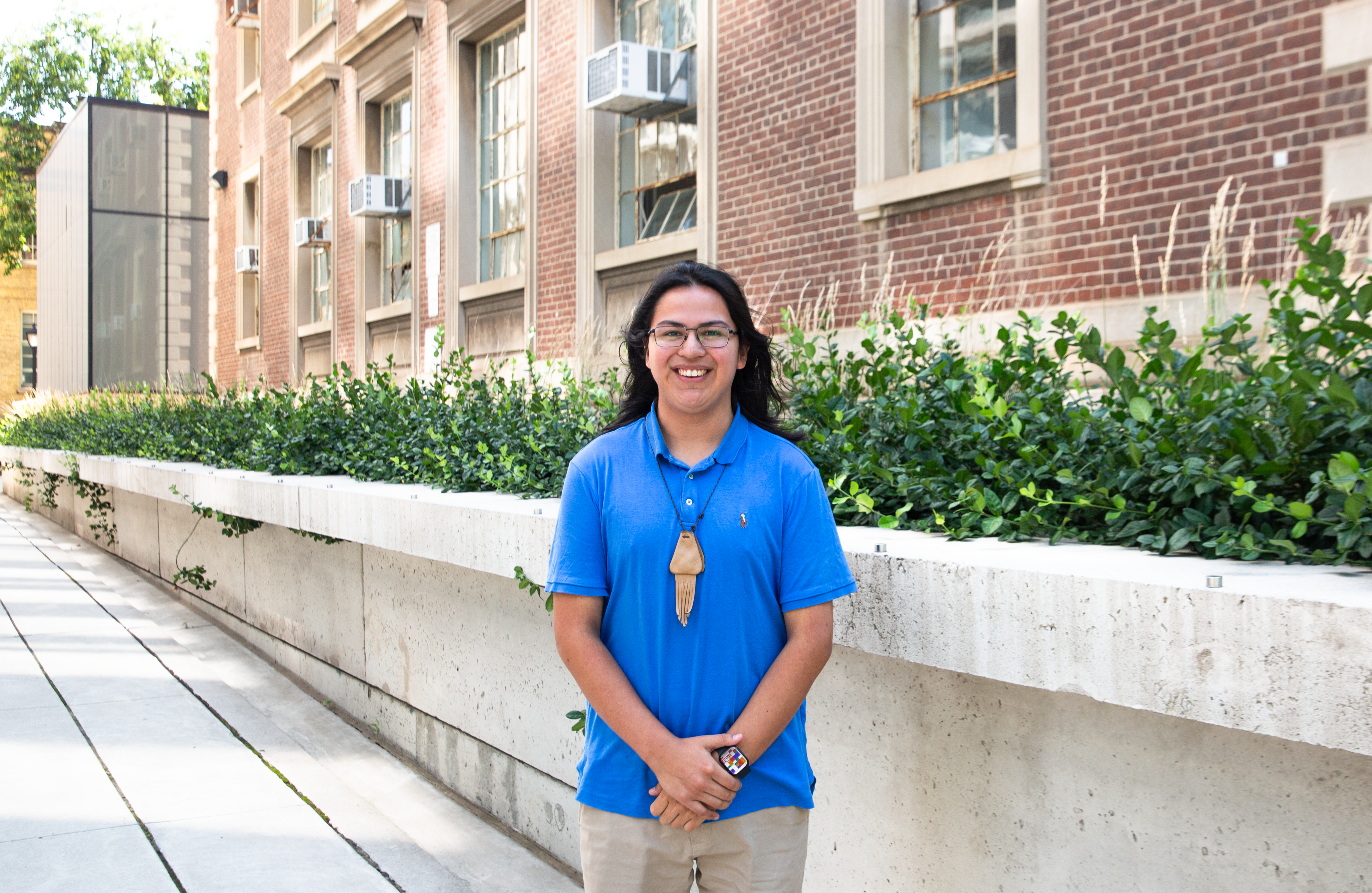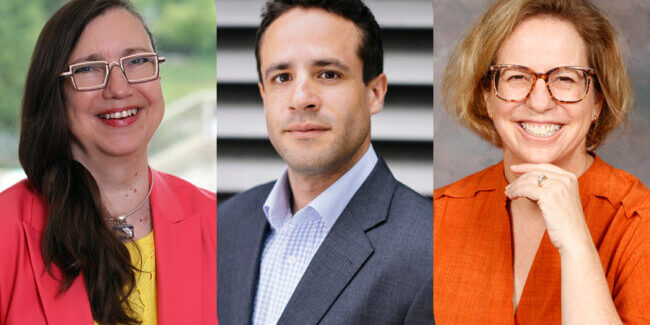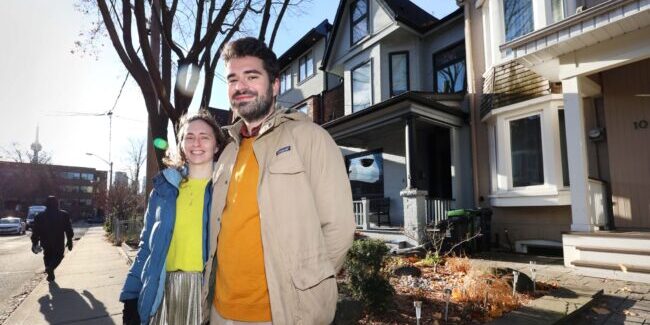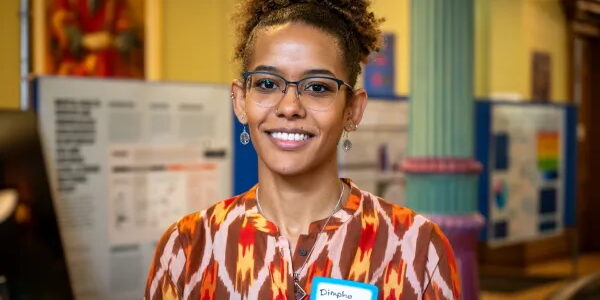Growing up on Walpole Island First Nation, Connor Isaac (Year 3 MechE) knew he wanted to create from an early age.
“I would take apart electronics, I would play with Legos, play puzzle games, different things like that — it kind of fostered this creative mindset,” he says.
Raised between Walpole Island First Nation and the nearby town of Wallaceburg, Isaac says he was unsure of what exactly he wanted to study after high school.
“My teacher recommended that I look into engineering, and I thought, ‘You know what? That’s not a bad idea,’” he says.
A first-generation university student, Isaac, who is Chippewa (Ojibwe) and Potawatomi, says there wasn’t a large expectation in his community to go to university.
“I didn’t really know of very many schools. I thought, ‘U of T, I’ve heard that many times. I’ve heard this is a really great school.’ Honestly, just the opportunities that I could possibly get if I got in was something that really made me think I should apply,” he says.
Now, having completed his third year in mechanical engineering, Isaac is preparing to give back to the community where he got his start.
This September, he will embark on a 12-month role working alongside Chief and Council on Walpole Island First Nation as part of the Professional Experience Year Co-op Program (PEY Co-op).
As U of T Engineering’s flagship work-experience program, PEY Co-op allows students to graduate with up to 20 months of meaningful work experience while earning a competitive salary and gaining professional skills in industry.
“I started working with Chief and Council last summer, sitting in their meetings and just kind of assessing projects on the island. I told them that I would be completing a PEY Co-op work term, and they said it would be great if I could come back,” Isaac says.
“This time my work is going to be more focused on Walpole Island First Nation’s renewable energy future. Since it’s a whole year, I’m hoping that it gives me a good idea of what it’s like working in industry.”
Isaac says one of his biggest motivators for returning to Walpole Island is the chance to bring awareness of new, sustainable technologies to the community.
“I’m looking forward to helping the people living on Walpole Island First Nation understand what technology we’re using, because there’s a big disconnect. I want to help inform the community about the various things that the Council is doing that will help them,” he says.
Isaac’s commitment to sustainability goes beyond PEY Co-op. He’s also involved in undergraduate research with Professor David Sinton (MIE) and his team.
“I have been working with Professor Sinton on CO2 to ethanol research, which is a carbon capture clean technology where we capture CO2 from the air to be run through an electrolyzer. This will allow us to generate ethanol and other useful carbon-based products,” Isaac says.
He is also working alongside U of T Mississauga Professor Tracy Galloway as a research assistant on the CANSTOREnergy project, a University of Toronto-led collaboration that includes researchers from 11 Canadian universities. The team is developing clean energy technologies tailored to the needs of communities in the Yukon.
“Professor Sinton told me about the CANSTOREnergy project, and I mentioned that I have worked with my reserve during the summer, communicating similar ideas to the Chief and Council but not so much to the community,” he says.
In the past, researchers have come into Indigenous communities to conduct studies without consulting the people affected, says Isaac.
“We’re trying to avoid that.”
Upon graduation, Isaac hopes to take his passion for research into graduate studies.
“I am heavily considering a master’s degree, but I’m not too sure in which area. I don’t want to plan too far ahead because sometimes life gets in the way,” he says.
“My focus right now is helping the people that I grew up with and giving back to the community that raised me.”





